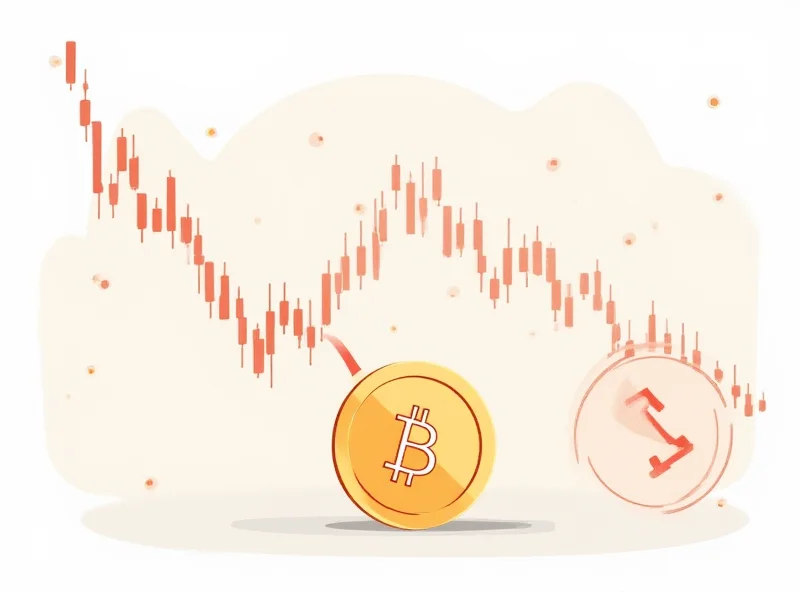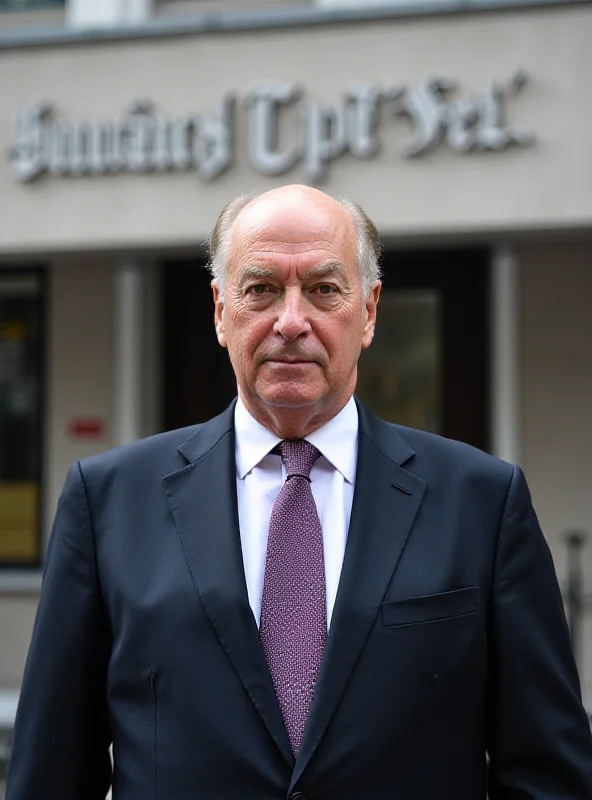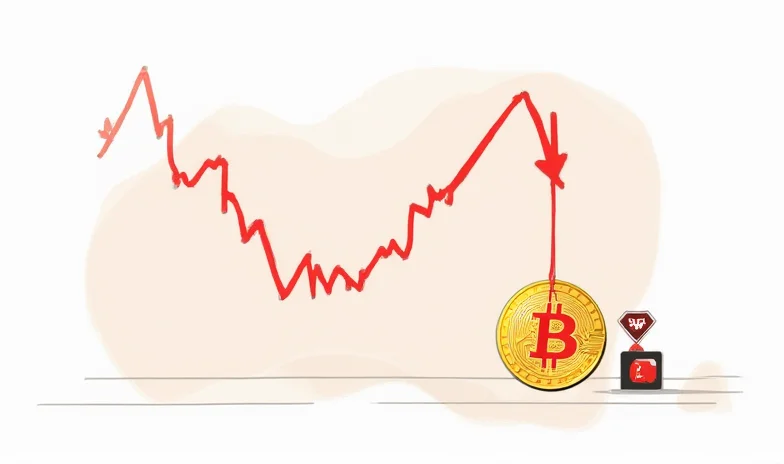The global market is experiencing a period of significant turbulence, driven by a confluence of factors ranging from political uncertainty to company-specific challenges. Investors are closely watching developments surrounding former President Trump, Tesla's performance, and changes at major media outlets, all of which are contributing to a sense of unease.
Trump's Trade Policies and Bitcoin's Woes
Trump's stance on trade policies is creating considerable uncertainty in the market. Investors are increasingly favoring safer assets, leading to a decline in interest in riskier ventures like cryptocurrency. Last Monday, the iShares Bitcoin Trust ETF, the largest fund dedicated to bitcoin, experienced a loss of $158 million. Simultaneously, investors withdrew almost $250 million from the Fidelity Wise Origin Bitcoin Fund, highlighting a growing trend of risk aversion.

This shift reflects a broader concern about the potential impact of trade wars and protectionist measures on global economic growth. As one analyst noted, "The market is reacting to the potential for increased tariffs and the associated disruption to supply chains. Bitcoin, being a relatively new and volatile asset, is particularly vulnerable to these kinds of shocks."
Tesla's Troubles in Europe
Adding to the market's woes is Tesla's recent stock market decline. The electric car manufacturer saw its shares drop by 9% following a significant decrease in European car registrations. In Germany, a key market for Tesla, sales plummeted by nearly 60%, with only 1,277 cars sold. This downturn comes after reports that Elon Musk, Tesla's CEO, provided financial support to the far-right AfD party in Germany. This has sparked criticism and potentially impacted consumer sentiment.
The combination of declining sales and political controversy has led to a reevaluation of Tesla's market capitalization, which has now fallen below 1,000 billion. This marks a significant setback for the company, which has been a darling of investors for several years.

Changes at the Washington Post
The media landscape is also undergoing significant changes. At the Washington Post, owner Jeff Bezos is implementing a new editorial direction, focusing exclusively on "individual freedoms and the free market." This shift has led to the departure of David Shipley, the head of the editorial page, and signals a broader realignment of the newspaper's priorities.
These changes at the Washington Post are being closely watched by the media industry, as they reflect a growing debate about the role of journalism in a polarized political environment. The move towards a more explicitly pro-free market stance could alienate some readers while attracting others, potentially reshaping the newspaper's influence and reach.

In conclusion, the market is currently grappling with a complex interplay of political, economic, and social factors. The uncertainty surrounding Trump's policies, Tesla's challenges in Europe, and the evolving media landscape are all contributing to a sense of volatility and risk aversion. Investors are advised to exercise caution and carefully consider their investment strategies in light of these developments.
Disclaimer: This article is for informational purposes only and does not constitute financial advice.
